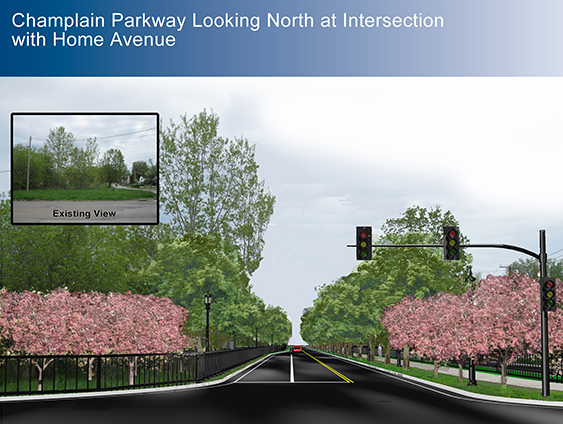 SRH Law is a proud sponsor of the 2019 Bi-State Primary Care Association Conference: Building Connections to Improve Health. The conference was held at the Lake Morey Resort in Fairlee, VT on May 21st. The Bi-State Primary Care Association is a nonpartisan, nonprofit organization that represents New Hampshire’s and Vermont’s 28 Community Health Centers serving 300,000 patients at 120 locations.
SRH Law is a proud sponsor of the 2019 Bi-State Primary Care Association Conference: Building Connections to Improve Health. The conference was held at the Lake Morey Resort in Fairlee, VT on May 21st. The Bi-State Primary Care Association is a nonpartisan, nonprofit organization that represents New Hampshire’s and Vermont’s 28 Community Health Centers serving 300,000 patients at 120 locations.
Founded in 1986, the Bi-State Primary Care Association was formed by health and social service leaders to ensure access to care for the most vulnerable. Members of the Association are community-based health care providers that receive federal funds to provide primary care services in underserved areas. These Federally Qualified Health Centers (FQHCs), offer a sliding scale of fees based on patient ability to pay and must include patients on their governing boards.
SRH Law partners Karen Tyler and John Kassel from the health law practice group attended as part of the group’s mission to transform our communities by supporting our clients’ work to extend health care, to low income, underserved, and hard-to-reach populations.

 SRH Law attorneys Karen Tyler and Jon Rose will be presenting at the 2017 PESI Vermont Mental Health & The Law seminar on Friday, June 9th.
SRH Law attorneys Karen Tyler and Jon Rose will be presenting at the 2017 PESI Vermont Mental Health & The Law seminar on Friday, June 9th. Last week
Last week 

